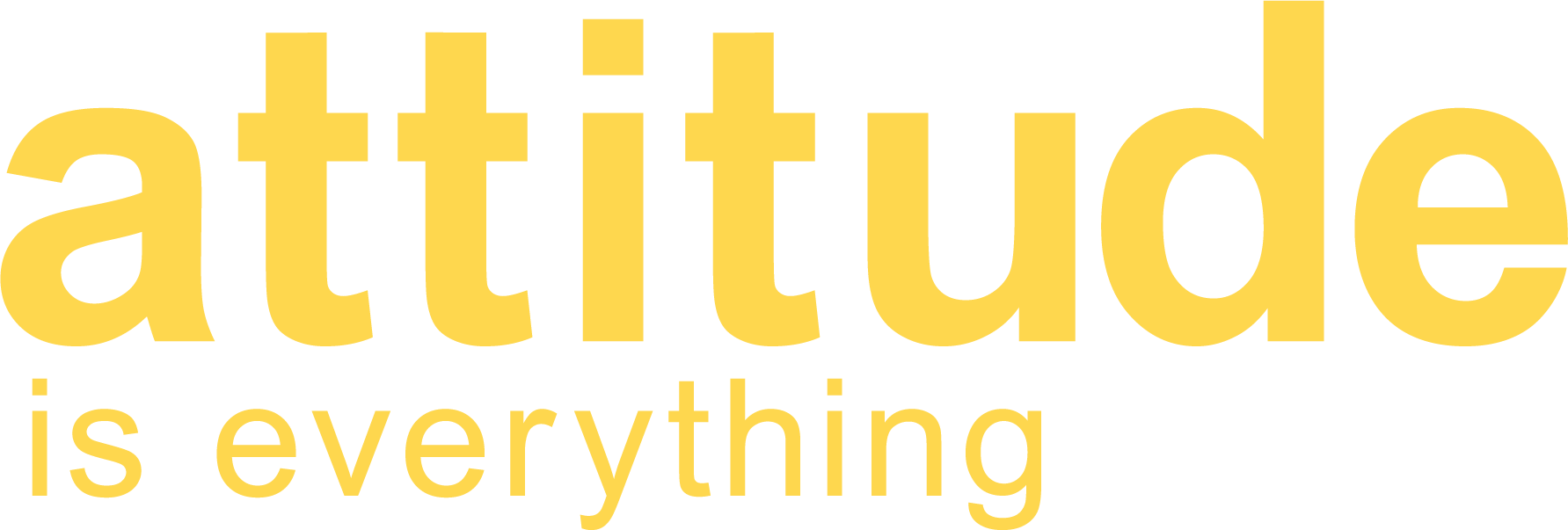There are lots of opinions about disability language. This is how we talk about it.
We use the term ‘disabled people’ in our vision and mission because:
- We think identifying as a disabled person is a positive thing for people who choose to do so.
- We believe that anyone with access requirements is ‘disabled’ when confronted by barriers in society.
- We support industries to not discriminate against anyone with legal protection under the Equality Act 2010 as a ‘disabled person’.
At the same time, we support the right of anyone to identify as they wish and recognise that many people with legal rights as ‘disabled people’ may not identify as such for different reasons.
This can include:
- People who identify as Deaf and use British Sign Language as a first language.
- People who identify as deaf (typically people who use hearing aids and/or lip-reading).
- People who identify as neurodivergent (which can include people with ADHD, autism, dyslexia, dyspraxia, dyscalculia, dysgraphia and Tourette’s syndrome).
- People with learning difficulties
- Many people with medical conditions or diseases (such as cancer, HIV etc).
- Many people with mental health conditions that impact their daily lives.
Being a ‘disabled person’ is a form of identity for many people, whilst others would not think to apply it to themselves.
What unites everyone is having access requirements in daily life to do the things others take for granted.
Not everyone who has access requirements as an audience member, artist, employee, or volunteer is going to identify a disabled person.
You don’t need to identify as a disabled person to have rights as a disabled person.
